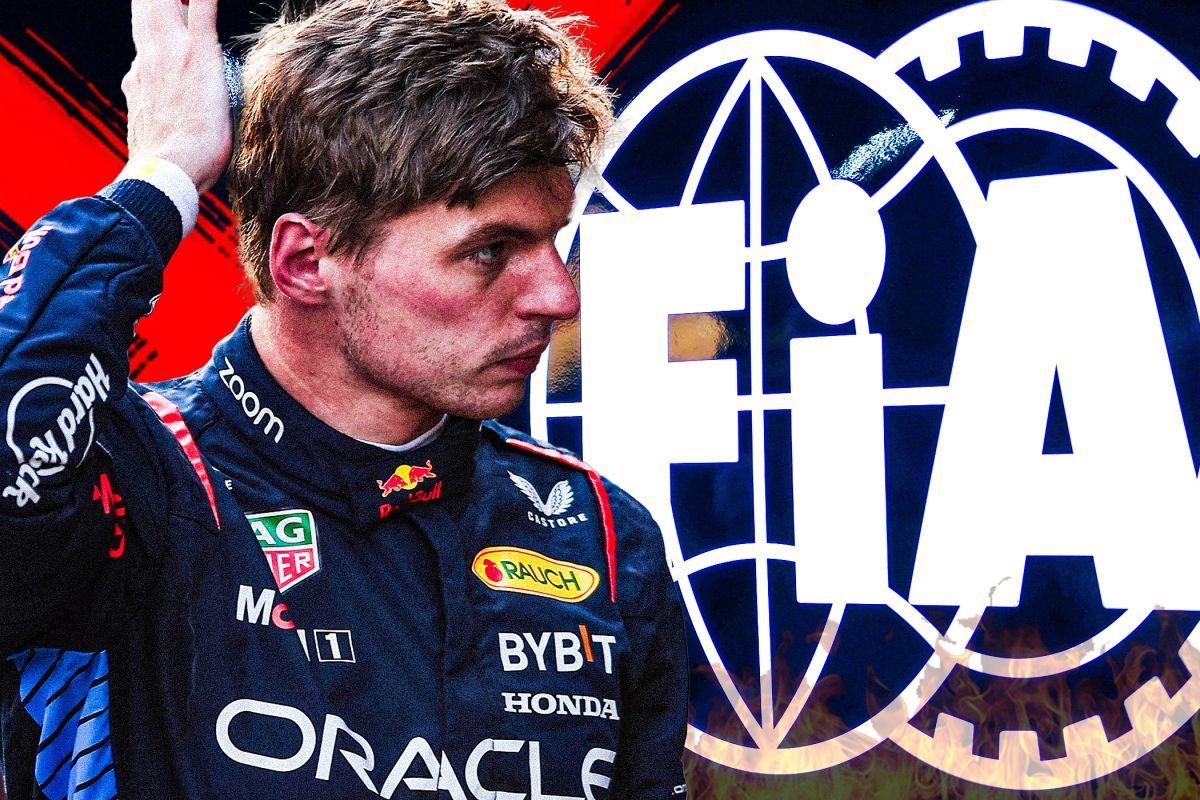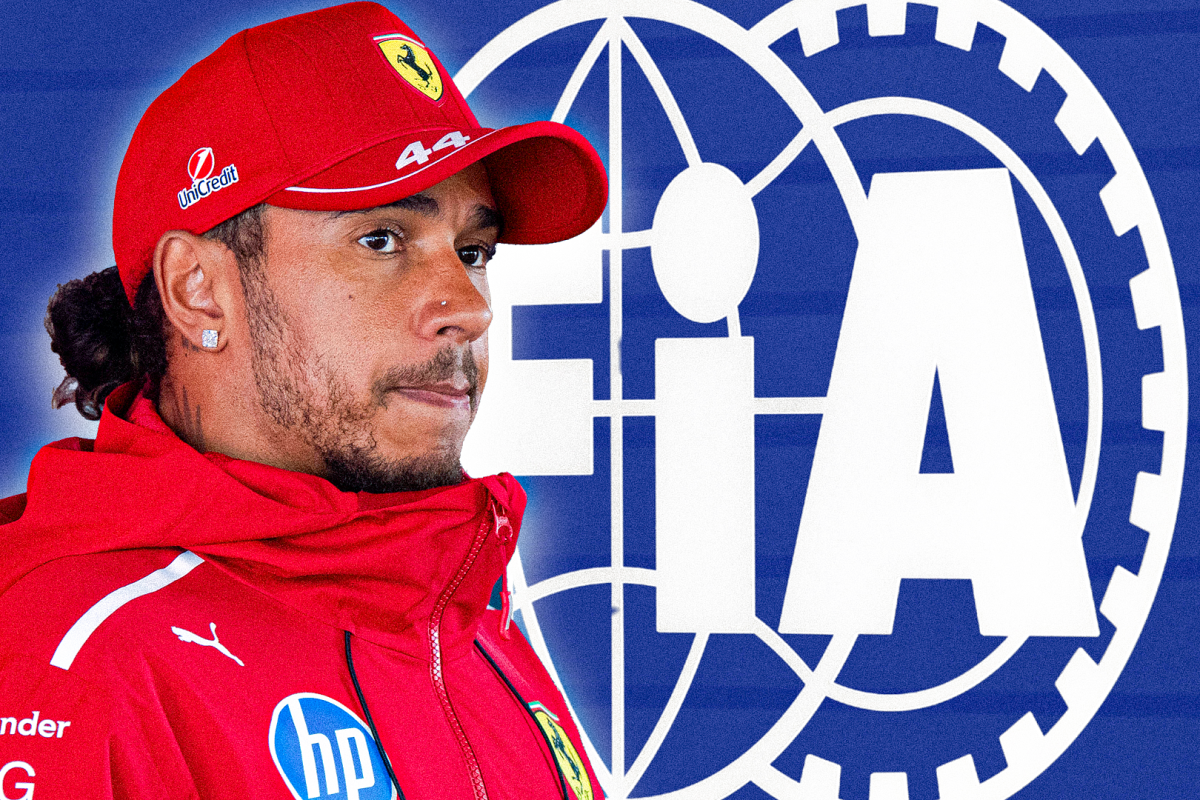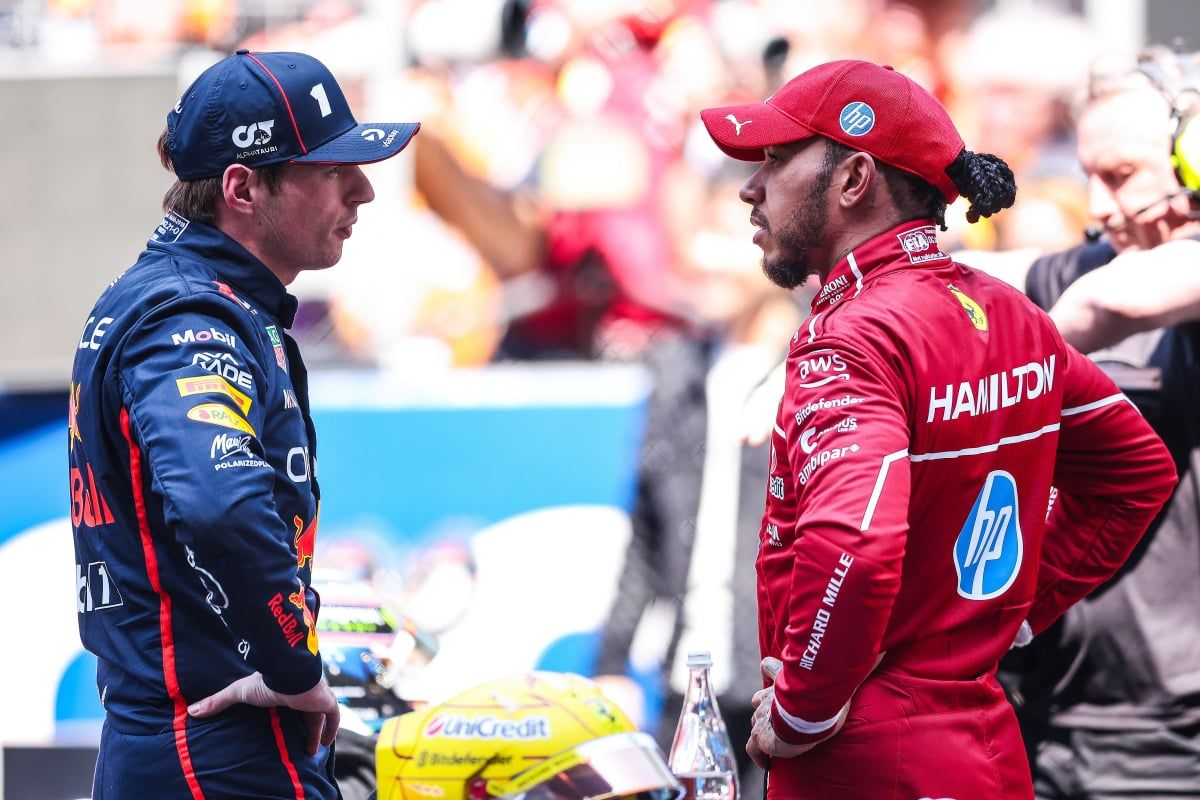FIA Stewards Accused of Bias Towards Max Verstappen in L…read more
Former Formula 1 world champion Jacques Villeneuve has ignited debate in the motorsport community after publicly accusing the FIA stewards of exhibiting bias in their decision-making—particularly when it comes to Red Bull Racing’s Max Verstappen. The claims stem from the recent Miami Grand Prix weekend, during which Verstappen was handed a controversial 10-second time penalty following a pit lane incident in the sprint race.
Verstappen’s penalty came after a collision with rookie Kimi Antonelli during the pit lane exit. The stewards deemed the Dutchman responsible and issued a time penalty that saw him drop to the back of the field. This significantly hampered his race, costing him valuable championship points. Despite a recovery effort in Sunday’s main race, Verstappen could only manage a fourth-place finish, having lost the lead to McLaren’s Oscar Piastri on lap 14. The Australian not only overtook Verstappen decisively but also held firm under pressure to take his third consecutive Grand Prix win, solidifying his reputation as one of the sport’s rising stars.
Speaking to Vision4Sport, Villeneuve didn’t hold back in his criticism of the FIA’s officiating. While praising Piastri’s talent and composure under pressure, he questioned the consistency of the stewards’ decisions. According to Villeneuve, the current dynamic favors Piastri, who he claims is being protected by a subtle but notable leniency.
“Oscar Piastri doesn’t seem to be affected by pressure and he’s got a good mentor in Mark Webber,” said Villeneuve. “He is somebody Oscar can lean on. I wouldn’t go as far as to say father-figure, but there’s this balance, this energy in place between them and that’s super helpful.” The 1997 world champion went further, suggesting that the rapport between Piastri and Webber, combined with Piastri’s growing popularity, may be shielding him from the kind of scrutiny Verstappen routinely faces. “Piastri is loved. He’s like the golden child right now. If something happens, he won’t be given penalties as easily as Max Verstappen is, for instance. That’s also a big help in fighting for a championship.”
Villeneuve’s remarks reflect a broader concern among some fans and analysts who believe that stewarding in Formula 1 lacks consistency. The FIA has long maintained that its officials review each incident independently and apply the rules fairly, but instances like Verstappen’s Miami penalty continue to fuel suspicions of unequal treatment.
The former champion also drew comparisons to a previous high-profile rivalry in the sport—that of Lewis Hamilton and Nico Rosberg during their time as Mercedes teammates between 2013 and 2016. “It reminds me of when we had Lewis Hamilton and Nico Rosberg fighting for the championship,” Villeneuve said. “If they made the same move, Nico would get a penalty. In the following race, if Lewis made the same move, he wouldn’t be penalised. There is this slight unbalance which is human and Piastri is on the right side of the balance.”
Villeneuve’s comments underline a persistent narrative in Formula 1: that despite the FIA’s efforts to ensure objectivity, human judgment inevitably introduces subjectivity into stewarding decisions. While stewards are rotated regularly to reduce the risk of favoritism or bias, the perception of unequal treatment remains a point of contention—especially when high-profile drivers like Verstappen are involved.
As the 2025 season progresses, these claims of inconsistency may place added pressure on the FIA to address its processes and increase transparency around how penalties are assessed. With the championship battle heating up and rising stars like Piastri challenging established names such as Verstappen, the stakes are higher than ever.
Whether or not Villeneuve’s accusations hold water, they have certainly reignited conversation around fairness and governance in Formula 1. For Verstappen and his team, the focus now shifts to the next race, where they will hope for a clean weekend—free from controversy and decided purely by performance on the track.




